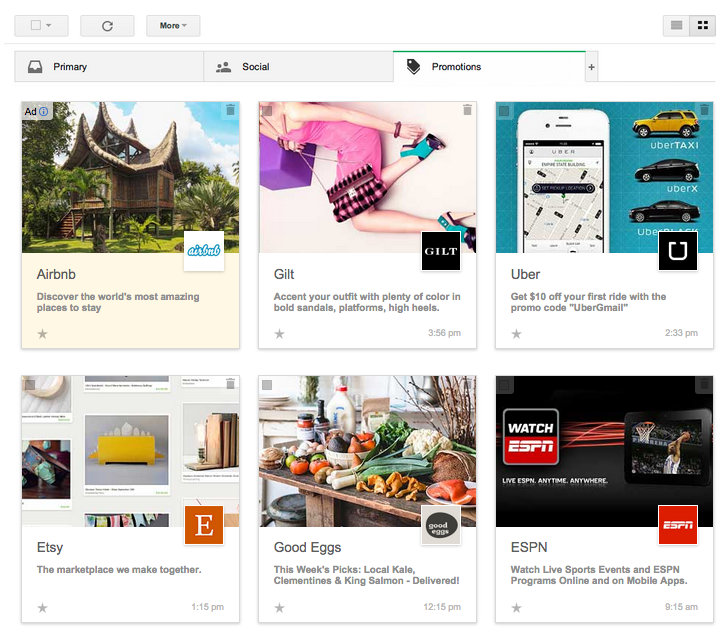I’ve been lucky to meet some exceptional people in my life, and there’s something interesting that I’ve noticed about almost all of them. They have a lot of the common traits you’d expect — they work hard; they surround themselves with good people; they’re highly skilled; you get the idea. But there’s something else:
Almost every one I’ve met has asked excellent questions.
I think anyone can come up with an answer to life’s weirdest questions. But it takes a different kind of person to ask a good question. To ask a good question, you have to be curious, and you have to be genuinely invested in asking that question. (Anyone can tell when they’re being asked a question by someone who doesn’t really care about the answer.) I find that people who ask good questions tend to be detail-oriented.
To put it simply: A person who asks great questions is someone who actually wants to understand how and why the world works, instead of just taking it all at face value.
And I don’t just see it in the journalism world! Open up a biography about Warren Buffett or Sam Walton and you’ll find countless stories of men who were constantly asking questions, always probing beyond the surface for answers. (Walton’s biography, in particular, is full of stories about him going to Wal-Marts with his tape recorder in hand, spending hours asking his employees questions about the way they really worked.) Doctors, artists, bankers, coaches — I’ve met all sorts who know how to dig for answers.
I think it’s everyone could get better at — myself included! I think we’d find that there’s a lot more to learn about the people in our lives, if only we’d learn to ask.
Want to get better at asking questions? I’d recommend this quick guide to asking questions by a former investigative reporter.
———
That photo of someone searching for something — higher meaning, or probably just a bird in the woods — comes via Unsplash and photographer Caleb George.










